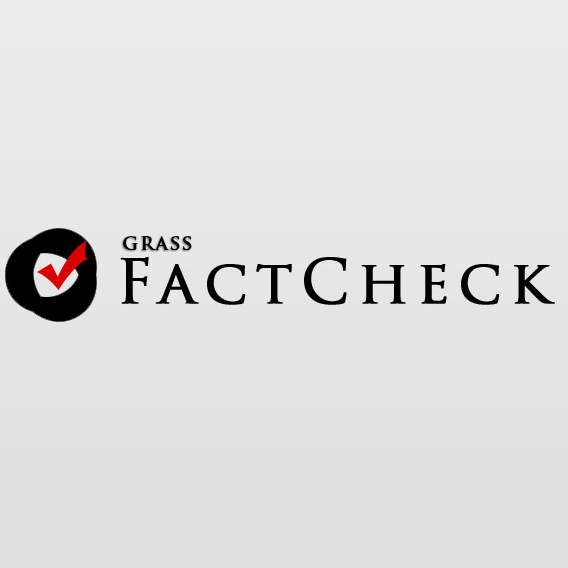A piece of disinformation is being promoted in social networks, claiming that the Turkish media outlet, Hurseda Haber, published exclusive information about military casualties as a result of Russia’s aggression against Ukraine ostensibly based on anonymous data from Israeli intelligence. According to the claim which was disseminated across the world and was also featured on a Rustavi 2 TV programme in Georgia apart from appearing in social networks, Russia has lost only 18,480 troops in Ukraine since 24 February 2022 whilst Ukraine’s losses are 157,000. In addition, hostilities in Ukraine claimed the lives of more than 2,000 soldiers and NATO instructors according to the disinformation.

In fact, reports that Mossad published such statistics or that these reports were given to the aforementioned Turkish media outlet are not based on any factual evidence or data.
The information provided by the Turkish media, which was later used by different media outlets or individuals to circulate the same information, is not confirmed by any source.
The article does not include the name of the author nor the source of the information. It simply contains unsubstantiated numbers and states that the figures are based on Israeli intelligence’s field data of 14 January 2023.
There is a sharp discrepancy between figures in the article about the losses in manpower and weaponry for Ukraine and Russia and figures from all previously published reliable official and unofficial sources (for instance, Ukraine did not have 514 aircraft/helicopters and 6,320 tanks which the article says were destroyed at the beginning of the war or during its active phase). The exact amount of losses is unknown, although as stated by the Head of Norwegian Armed Forces, Eirik Kristoffersen, casualties of the Russian army, both dead and wounded, are within the margins of 180,000 whilst casualties for Ukraine are about 100,000. In addition, according to the assessment of Mark Milley, Chairman of the US Joint Chiefs of Staff, Russian losses in Ukraine are over 100,000. It is also a lie that military hostilities in Ukraine claimed the lives of over 2,000 military service members of NATO member states.
NATO troops do not take part in combat actions in Ukraine whilst NATO military instructors (instructors from the UK and the US as indicated in the publication) do not train Ukrainian soldiers on the territory of Ukraine.
This information was also verified by an influential American outlet, Politifact, which officially reached out to NATO requesting comments on the aforementioned information. NATO officials responded to Politifact and clarified: “There are no troops or trainers under NATO command in Ukraine and no NATO personnel have been killed in the conflict.” BBC also produced an article on this issue saying that none of the NATO member states has sent troops to Ukraine to fight in the country.
Of note is that similar information, disseminated by the Russian Market (identified as a citizen-journalist) account on Twitter, garnered mass responses.
The publication surpassed 12 million views in a day and Ilon Musk himself, owner of Twitter and a famous businessman, made some comments. Mr Musk initially left a comment in response to the publication that it was a “tragic loss of life,” although he soon after made another comment, calling on Twitter’s relevant service to rectify the numbers in the publication.
Afterwards, Twitter made a comment in to the publication, containing all relevant links, to say that the information about the number of deaths in the Ukrainian armed forces was not true as well as the information about killing NATO troops and instructors in Ukraine was also a lie.
Therefore, information about the death of NATO troops and instructors in Ukraine as well as reports on manpower and weaponry losses both for Ukraine and Russia are not true and are not confirmed by factual evidence.
-----------------------------------------------------------------------------
This article was produced as part of Facebook’s Fact-checking Programme. Given the rating, Facebook may impose different restrictions – click here for full information. For information on issuing a correction or to dispute a rating, please see here.







